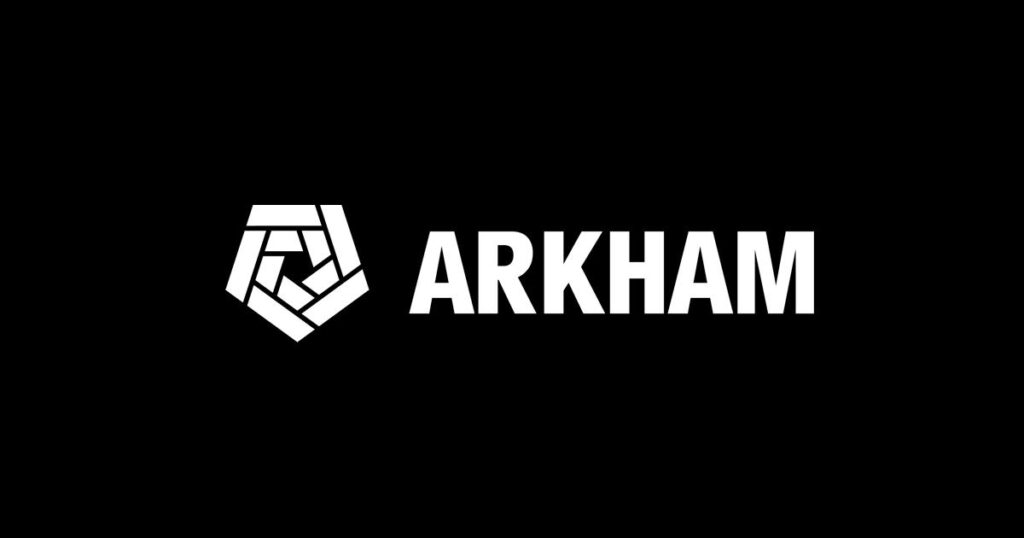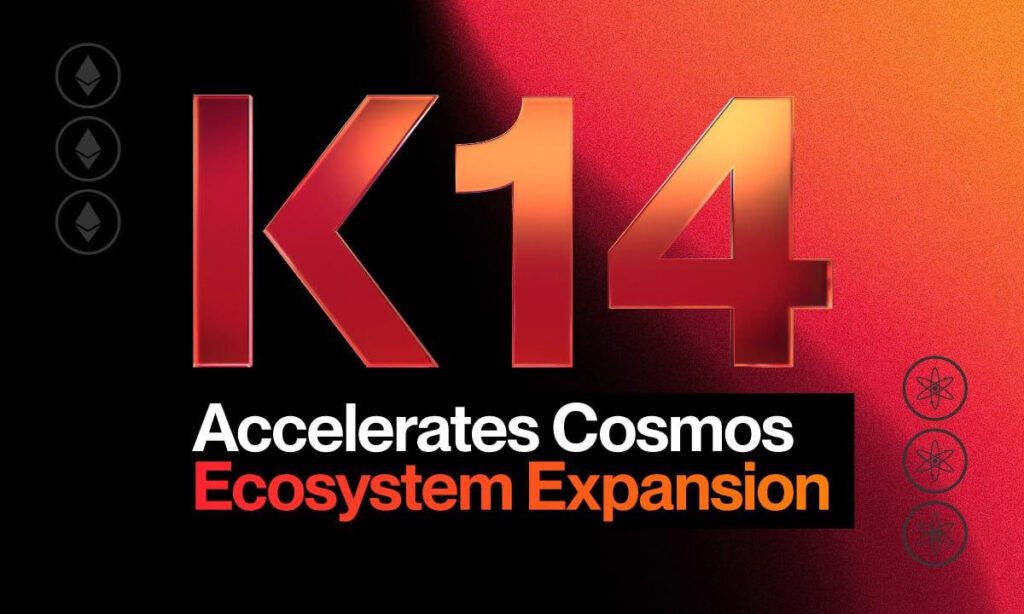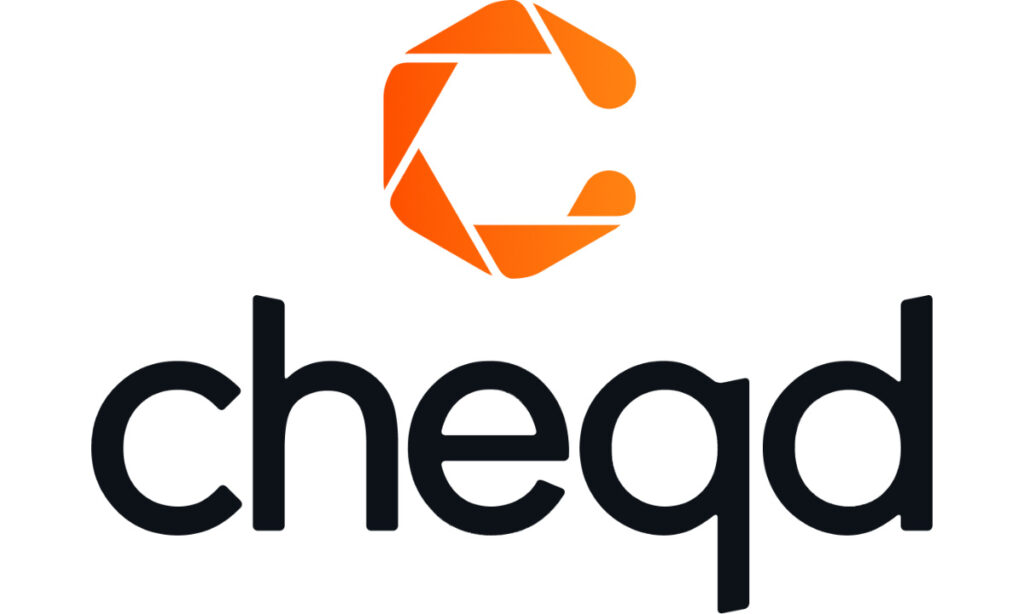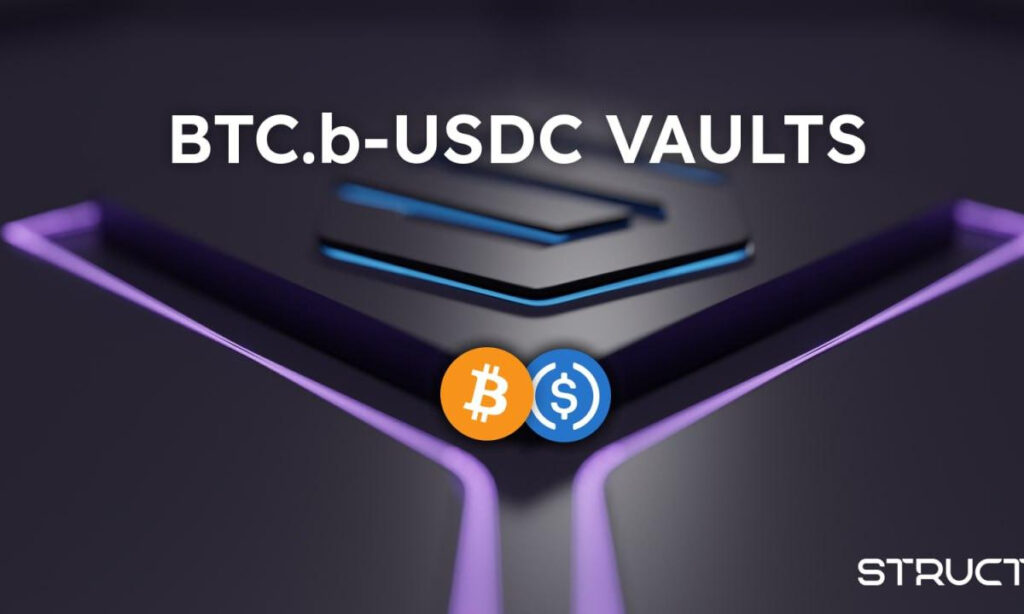Investment veteran Cathie Wood, known for her pro-Bitcoin stance, has decided to take some profits from ARK Invest’s significant Coinbase holdings.
ARK sold 135,152 Coinbase shares, amounting to $12 million, from its ARK Innovation ETF.
This sale represented 0.14% of the fund’s total holdings.
The move comes as the price of Coinbase stock experienced a sharp increase, briefly surpassing $90 on July 11 before closing at $89.
This is the second time this year that Wood has taken profits from Coinbase shares. In March, ARK sold 160,887 shares for $13.5 million.
However, prior to these profit-taking moves, Wood’s firm had been actively accumulating Coinbase stock in various ARK funds. In June alone, ARK purchased about $40 million worth of shares.
In previous months, they had bought around $33 million in April and May, as well as $117 million in March.
Coinbase executives have also been selling their shares amid the price rally. CEO Brian Armstrong and other senior executives sold a combined total of 88,058 shares worth $6.9 million on July 6. In June, Coinbase’s chief accounting officer, Jennifer Jones, sold 74,375 shares, netting $5.2 million.
Despite facing a securities violation lawsuit from the U.S. Securities and Exchange Commission, Coinbase’s stock has been performing well.
The growth can be attributed to the anticipation surrounding the BlackRock spot Bitcoin ETF filing, where Coinbase was named a “surveillance-sharing” partner.
Overall, Wood’s decision to take profits from Coinbase shares reflects a calculated move to lock in gains.
While the cryptocurrency exchange continues to face legal challenges, its stock price has surged over the past month, increasing by more than 60%.
Wood’s active participation in accumulating Coinbase shares earlier this year indicates her belief in the long-term potential of the company.
As the cryptocurrency market and related investments evolve, market participants will continue to closely monitor the developments surrounding Coinbase and its role in the growing crypto ecosystem.










